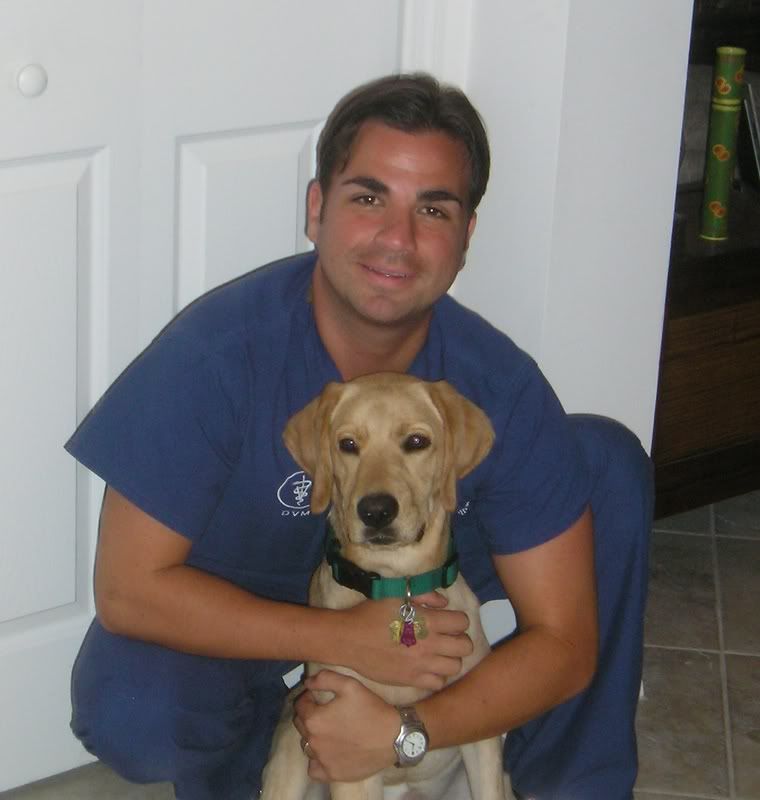Holiday seasons statistically are the most dangerous time for pets, as is evidenced by my clinics typical inundation with all kinds of emergencies the day after Christmas. In order to help you to avoid your pet from becoming one of these statistical holiday mishaps, I have compiled a list of tips to help you avoid the most common health incidents that occur during the holidays.
1.) Do not leave your garbage cans unattended in the presence of your pet. Raw uncooked meats scraps, gizzards and other undesirable food items may be irresistible to your pet, but could lead to GI disturbance, food poisoning, and parasites. Poultry bones pose a serious danger, with their tendency to snap and splinter, making them a grave risk for gastrointestinal obstruction and perforation.
2.) Do not let one of your devious friends or relatives feed your dog alcohol. While cats typically will avoid booze, dogs seem to like it with the same enthusiasm they like milk. Their tolerance for alcohol is considerably lower than ours, making them very susceptible to intoxication, vomiting, and liver toxicity.
3.) Keep chocolates and chocolate deserts out of reach! Chocolate has a component called thiobromine, which is potentially toxic to the canine liver. Of the different kinds of chocolate, semi sweet and bakers chocolate, both essential component of brownies, chocolate chip cookies, and most other chocolate baked goods, have the highest concentration of thiobromine. If your dog eats a large quantity of chocolate or chocolate based desert or cookies (1 ounce per 10 pounds of body weight or more), then get the dog to a vet ASAP!
4.) If New Year's Eve marijuana brownies are your thing, BY ALL MEANS, keep out of reach from the dog for two reasons. As previously discussed, the chocolate component of brownies has potentially toxic thiobromine. Marijuana can lead to listlessness, loss of urinary and bowel control, excessively low heart rate, and loss of consciousness in severe cases. The combination of both thiobromine and marijuana toxicity can have devastating consequences.
5.) With the winter holiday season comes a spike in the number of household electrical cords from Christmas tree lights to window sill menorahs. Both dogs and cats have trouble resisting the temptation to gnaw on electrical cords, a behavior that can lead to severe burns in the mouth, oral tissue death, and even fatality. For this reason, keep all electrical cords out of reach, or confined to areas off limits to pets.
May you and your pets have a safe and peaceful holiday season!
Roger L. Welton, DVM
Founder, WebDVM
Wednesday, December 19, 2007
Subscribe to:
Post Comments (Atom)




No comments:
Post a Comment